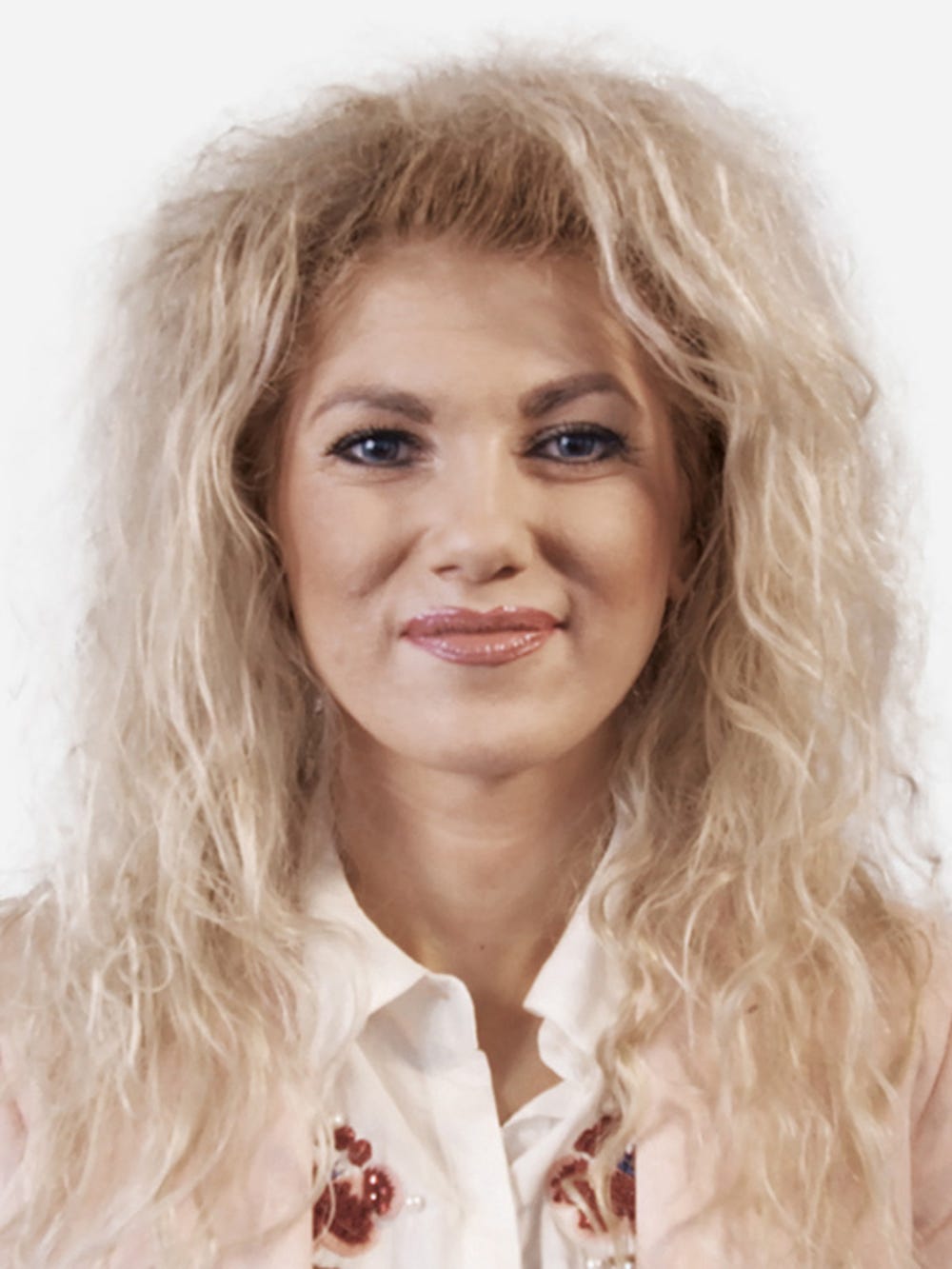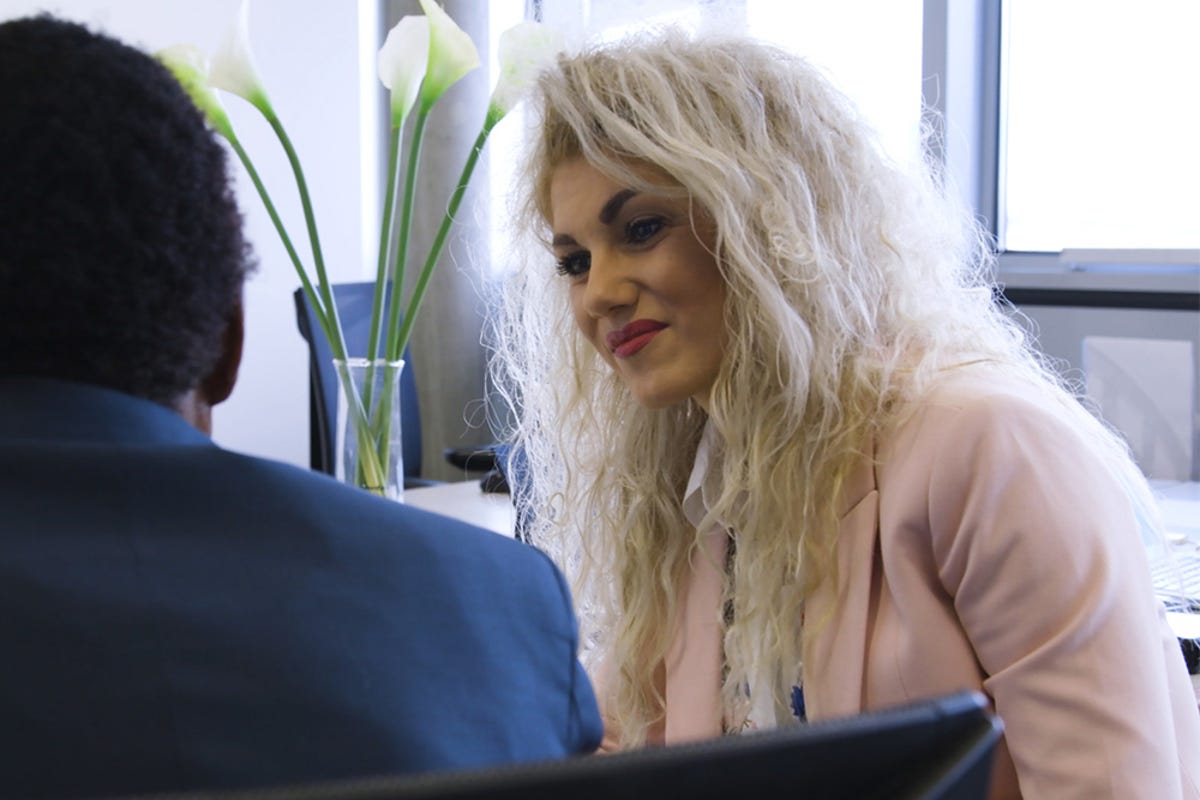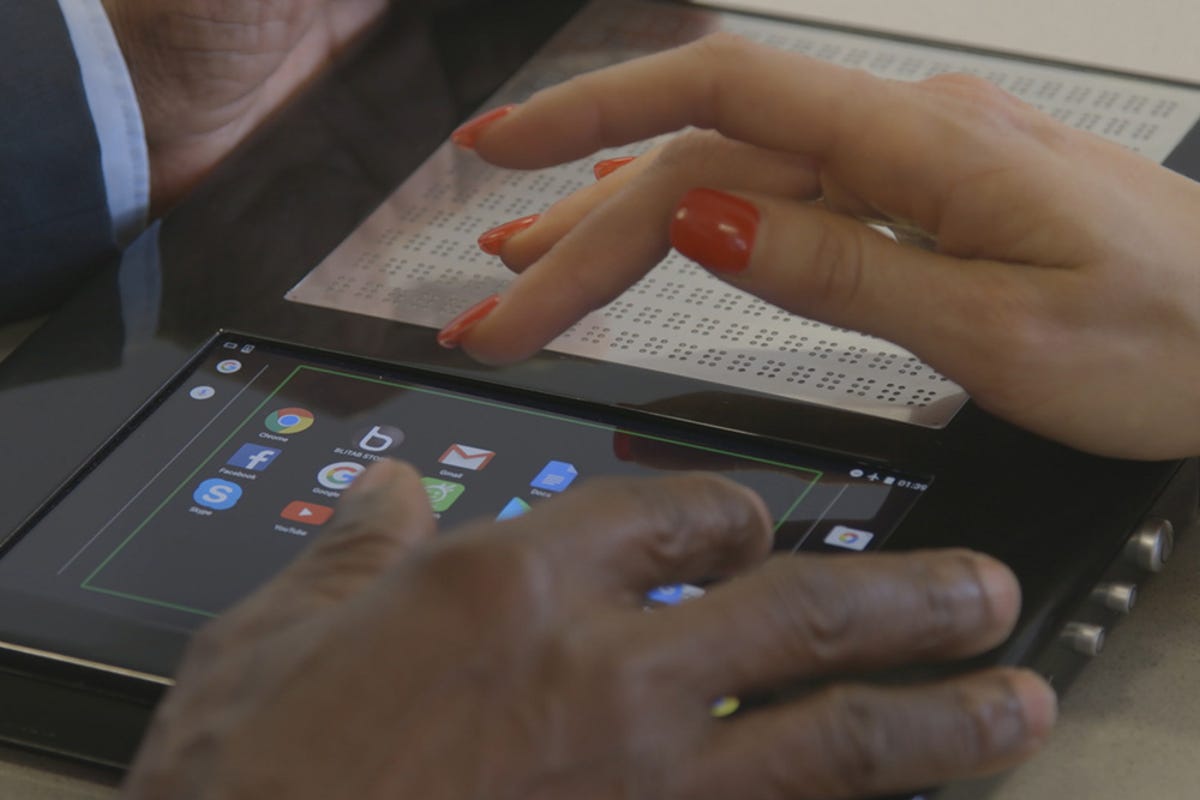Fellow Portrait
Kristina Tsvetanova
BLITAB Technology

Updated March 2018
A lack of support opens Kristina’s eyes to an opportunity
As the first and only female student to graduate with honours in Industrial Engineering from Bulgaria’s University of Sofia, Kristina Tsvetanova is no stranger to a challenge.
Kristina witnessed first-hand the challenges her visually impaired friend encountered when registering for university classes. It became apparent that the university lacked the infrastructure and support for the blind or visually impaired. However, Kristina knew there must be a solution. “I couldn’t accept that a blind person should have to find a simple task complicated.” It was this moment that drove Kristina to start BLITAB and build the world’s first tactile tablet.
I couldn’t accept that a blind person should have to find a simple task complicated.

Embracing a challenge to instill change
Today, there are more than 285 million blind or visually impaired people worldwide, a figure the World Health Organization predicts will double by 2020. Shockingly, however, only 1% of all published books are available in Braille, the writing system that allows blind people to autonomously read with their hands. The only electronic device currently available to blind people is a keyboard, presenting 5 words at a time and using piezoelectric technology to convert what is displayed on a computer into Braille code. Unfortunately, these keyboards are slow, limited and very expensive, each costing approximately 5,000 USD.
Thanks to a newly developed complex layered structure of several types of materials, BLITAB converts text into little smart dots ("tixels"), which rise from the tactile screen to be read by one’s hands, or as an audio document. For the first time, a BLITAB user can read one whole page of Braille text, as well as graphics, write and be completely independent.
Priced at 500 USD, BLITAB has quickly attracted the interest of many NGOs and educational institutions as well as many parents who wish to support their children’s education. Kristina plans to strengthen and broaden these partnerships to spread the use of BLITAB and wishes to collaborate with e-commerce distribution channels to enable direct downloads of electronic books on the BLITAB tablet. With plans to become a distributor for eBooks, Kristina’s cloud-based software enables the conversion of any text document into a Braille version that can be displayed on the existing BLITAB screen, thus opening up opportunities for commercialisation of books in addition to tablets.
In five years, we will have already changed the speed of social inclusion of blind users globally, and this is an exciting prospect for us.

Finding the right environment for your ideas to grow
Her decision to simplify access to Braille code was met with hostility in her native Bulgaria. Unfazed and supported by her parents, Vienna seemed like a better home for her concept to flourish thanks to its strong community of social entrepreneurs and start-ups. In the Austrian capital, Kristina found a motivated team and funds to develop BLITAB Technology. Looking back, Kristina attributes her success to this move and urges female entrepreneurs to seek the right environment in which to grow their ideas: “We cannot choose our families or where we are born, but we can choose the people to surround ourselves with to maximise our potential.”
As recognition for her work builds, Kristina remains humble and thankful to those around her. “There is no such thing as a successful product, there are only successful teams.”
By revolutionising the future of digital experiences for the blind and visually impaired, Kristina and her team share a vision of social and digital inclusion for all. “In five years, we will have already changed the speed of social inclusion of blind users globally, and this is an exciting prospect for us.”
We cannot choose our families or where we are born, but we can choose the people to surround ourselves with to maximise our potential.


